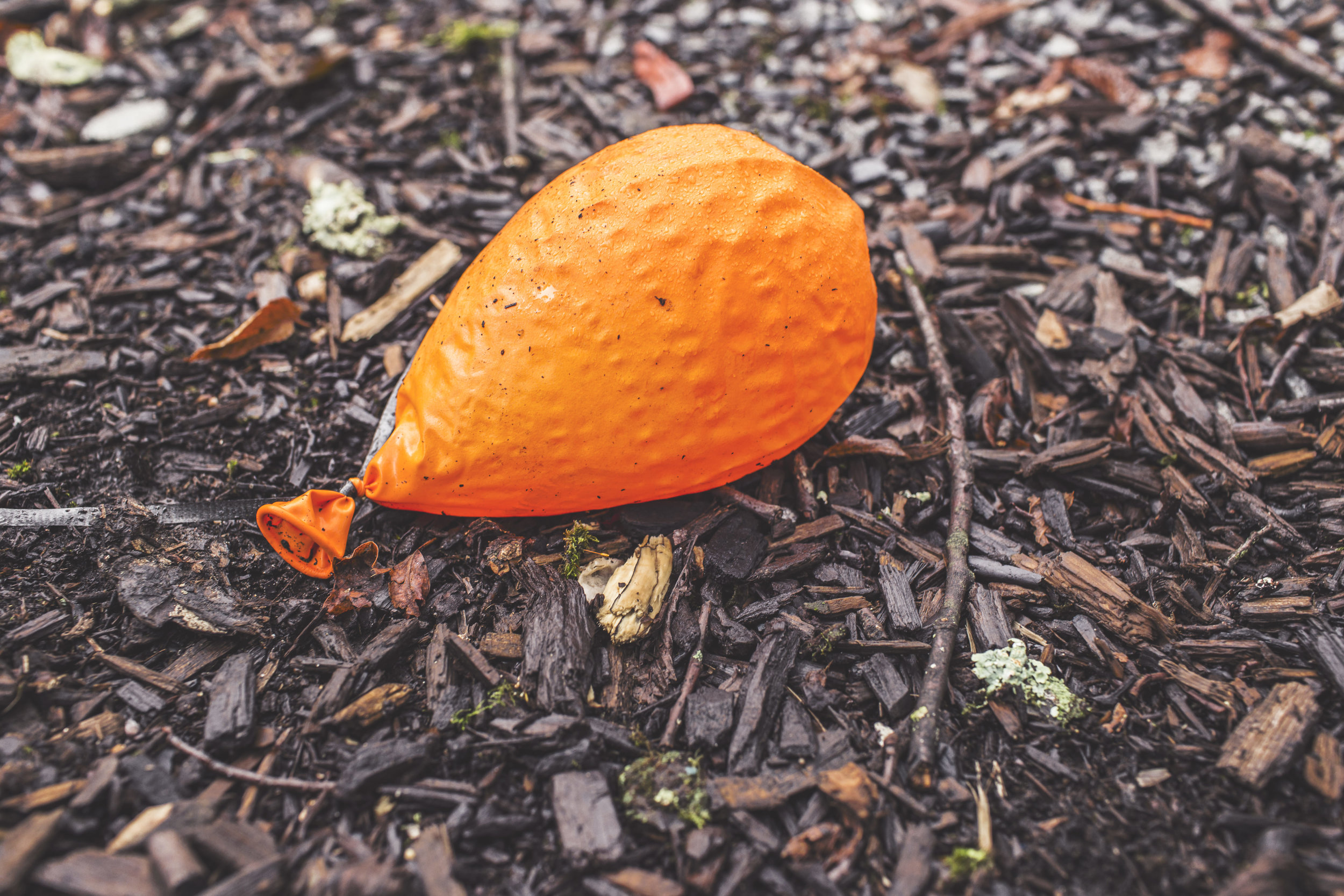Sheryda and her work are impossible to resist. The author of two brilliant collections, Floating is Everything (Nightwood, 2015) and Hard Feelings (Snare, 2010), Sheryda draws her reader in with piercing observations, deep reflection and, often, a wink of humour. Robert Hass, paraphrasing Du Fu, says that "A good image makes something so real, it’s like being alive twice" and Sheryda's poems are brimming over with this double life. Her work has been featured in a recent Believer art issue, and shortlisted for the Robert Kroetsch Award for Innovative Poetry, the Arc Magazine Poem of the Year, the Malahat Review Long Poem Prize, and selected as runner-up for Lemon Hound’s inaugural poetry contest. In 2016, she became the director of the inaugural Artspeak Studio for Emerging Writers, where she mentors students who use language primarily as a material in visual art.
A Temporary Relief
I pay twelve artists good money to live in the pool house for the summer, extra to not to make anything while they’re here. They paddle around the pool, make light of otherwise weighty topics. No intimate details are shared, no recipes for lentil salad or barbequed salmon swapped. Time whiles. I wake to find the back path to the pool house swept, pine needles and whirligigs assembled into the careful undulations of a desperate saga. Someone props the windows upstairs open so the sheer curtains billow out, brush my arm as I walk past. One day the granite countertop is dusted with an intricate mandala devised from cupboard spices, the next day, pool noodles twisted into devastating sculptures are stuck into the lawn. I try to catch them at it, only to find all twelve lounging in uncomplicated ways around the pool, eyes averted. When the gravy boat rains silver liquid down onto my mashed potatoes, I say aloud to no one in particular “I haven’t felt a thing since Murphy Brown sang (You Make Me Feel Like A) Natural Woman to baby Avery, May 18, 1992, 8:30 p.m. Eastern Standard Time, and I’m not about to break now.” I make my way down the path. I knew I would always be alone, but not like this. The underwater vacuum shudders and cleanses in its remote universe. Without my knowing, the prickly stucco of the diving board at this moment makes an impression on the backs of my thighs. I’ll discover this later and tear apart the house in such a rage the artists will finally flee. Until then, oblivious, I agitate the surface with my toes, and this grants me a temporary relief.
(written by Sheryda Warrener, read by Chioke I'Anson)
That rad music you hear at the end is by Tigerrosa. Buy their debut album here
Subscribe to us on iTunes or wherever else you get your audio fix.



























